Fraud is the obtaining of a financial advantage through dishonesty or deceit, and it happens much more often than people think. Fraud involves but it not limited to hiding, falsifying, stealing, misreporting or omitting facts. It is done to obtain a benefit. Being a victim of fraud can have a devastating impact on your savings, your business, and your overall well-being. Our experienced financial fraud and asset recovery lawyers advise on complex, high-value, cross-border fraud and asset tracing matters including cyber fraud, accounting fraud, misrepresentation, asset dissipation, invoice fraud, bribery and secret commissions, banking fraud, money laundering and white-collar crime. Time is of the essence when dealing with fraudulent parties. We act quickly and aggressively to reclaim stolen funds, wherever they may be. The firm is aware that misunderstandings can often lead to false accusations. We have experience in both pursuing and defending claims for fraud.
Financial fraud and asset recovery in Turkey
Fraud is any act with the objective of intentionally misleading another in order to obtain a benefit. Fraud usually occurs when money or other assets are taken from you through deception or criminal activity. Fraud involves but it not limited to hiding, falsifying, stealing, misreporting or omitting facts. It is done to obtain a benefit.
The key trends and predictions
In times of economic uncertainty, fraud typically increases. And these are certainly economically uncertain times. Fraud has been on the rise over recent years and that trend is set to continue. The motivation and opportunity to commit fraud increases as financial pressures loom over individuals and businesses. We are also set to see a continued increase in insolvencies as the impact of the pandemic and other global events set in. The rising awareness on fraud incidents means frauds which might have otherwise continued or remained concealed are more likely to be uncovered. With all of this in mind, a crystal ball is not required to predict that we are likely to see a significant uptick in fraud-based claims emerging over the next couple of years.
One should not ignore the fact that the internet has become a fertile ground for large scale fraud. Every day, hackers, internet retailers, wholesalers, crypto scammers, and credit card processors are keeping money or products that do not belong to them. The anonymity the internet provides, its global nature, and the lack of human contact make it relatively easy to steal someone else’s property.
Steps for the victim of a fraud
For any client the first 24 hours dealing with a suspected international fraud are often the most crucial. Whilst securing and recovering assets are a priority, decisions and actions taken during this crucial, uncertain and difficult period can have long lasting ramifications.
When fraud is suspected or discovered, the first steps you take are critical. You should ask a number of questions such as “where is the fraudster based, where did the fraud take place and where are the fraudster’s money and assets held?” If the answer to at least one of those questions is “in Turkey” you should consider seeking a freezing injunction over the fraudster’s assets in order to protect your money as well as issuing civil proceedings against the fraudster for the recovery of your money. Freezing assets and seizing evidence are crucial to a successful fraud investigation.
If you are the victim of a fraud, it’s imperative that you act quickly. Waiting only gives the people with your money more time to conceal what they’ve taken. At the same time, it is important not to alert the perpetrators that you are taking action against them. Bicak will help you leverage the element of surprise and file a lawsuit quickly, which can often stop the secreting of assets.
Should you go directly to the police if you have been the victim of fraud?
There is no obligation to report fraud to the police (although you may need to report it to a regulator if you are in a regulated business). We advise against going to the police, certainly not as the first thing that you do. It may be an option at some point, but if your main objective is the recovery of your assets, then there are other options which should be explored first.
There are a number of reasons for this. First, if you report the matter to the police you lose control. This can have important and far reaching consequences. The police will often want to secure evidence as a priority and as soon as possible. This will inevitably involve a raid, and arrests and interviews. This will tip off the fraudster, which is likely to lead to assets being rapidly moved from Turkish jurisdiction, which you might otherwise have been able to freeze by seeking a without notice freezing injunction. The police will only consider restraining the assets much later, if at all.
Second, there is a real risk that any civil proceedings will be stayed whilst the criminal proceedings are concluded. This causes unnecessary delay and expense.
Third, you can use the pressure of a possible report to the police to persuade a Defendant to settle with you and repay you. This is particularly likely if the Defendant is also under significant pressure due to the existence of a freezing injunction. Settlements are always a good idea, as they result in certainty and a quick recovery at a much lower cost than having to go to trial and then enforce any judgment.
Fourth, even if the Defendant is prosecuted and convicted there is no guarantee that he will be ordered by the criminal Court to repay/compensate you.
Is it a good idea to confront the fraudster with what you have discovered?
No. We suggest that you should consider applying to the Court for a freezing injunction before the Defendant has any idea their fraud has been discovered. This will prevent the movement of assets by the Defendant and protect them should you succeed in obtaining a judgment, and has the added benefit of putting the Defendant on the back foot in the litigation.
Can you freeze the Defendant’s assets?
A freezing injunction is an interim order that prohibits a party from disposing of, or dealing with, his assets. A freezing injunction can be a valuable strategic tool. It helps to ensure that a Defendant retains assets against which the claimant may enforce a judgment if the claim is ultimately successful. Assets that can be frozen include bank accounts, shares, motor vehicles and land.
In any case, it is important for the applicant to act promptly. The Court will take into account any undue delay on the applicant’s part when exercising its discretion to grant a freezing injunction.
Freezing injunctions are often obtained “without notice” to the Defendant. A “without notice” application is made without the other party having any notice of the application or being present at the application hearing. The Court will only grant an injunction on such an application if there are good reasons for not giving the respondent any notice, for example where the matter is too urgent or where there is a risk that informing the other side will create a serious risk of assets being dissipated before the hearing.
Should you use a private investigator?
If you have been the victim of a fraud, it can often be overwhelming either for you personally or your business. Taking action quickly increases the chances of recovering stolen assets. It is therefore crucial for victims of fraud to take professional advice from experienced lawyers to understand which tools and strategies to employ to recover their losses effectively and efficiently.
Civil fraud & criminal fraud
Civil fraud is pursued by the victim(s) by way of a private action in the civil courts to seek recovery of the sums/assets which have been taken and/or the payment of compensation/damages to the victim(s). The decision in a civil trial will be made by a Judge.
Criminal fraud is a criminal offence which will be prosecuted by the prosecuting authorities In the criminal courts with the sanctions are likely to be a fine and/or imprisonment. The decision in a criminal trial will be made by a single judge or a commission of three judges.
In civil proceedings the burden of proof is on the victim to prove “on the balance of probabilities” that the defendant committed the alleged fraud. In criminal proceedings the burden of proof is on the prosecution to prove “beyond reasonable doubt” that the accused committed the alleged fraud.
Do you have to choose between the criminal and civil claim? No, the two systems can work together. There is nothing to prohibit a civil claim following a criminal claim, or vice versa – or even both happening simultaneously.
The decision whether to opt for civil or criminal proceedings to pursue a defendant is rarely straightforward. It requires the application of a range of complex issues to the facts of your case. Matters are made even more difficult because this decision often needs to be made within a short period of time and without all the necessary information. To ensure the best possible outcome it is crucial that victims of fraud take professional advice from experienced lawyers on the best way to navigate the civil and criminal jurisdictions and how those jurisdictions relate to the facts at hand.
Different types of fraud
Here are some of the most common categories that fraudulent offences will fall under.
Authorised push payment (APP) fraud
Where businesses are targeted, APP frauds often involve a fraudster hacking into and monitoring an email account or server to identify regular payments (such as to a supplier or contractual counterparty) and accounts departments responsible for the receipt and processing of invoices. This is to identify transactions they can manipulate by replicating an invoice, replacing payee account details with their own fraudulent details, and sending the fake invoice from a genuine (hacked) email account or a fake domain name which resembles the genuine account such that recipients glancing at the sender address may not pick it up. These invoices are then paid with the organisation unknowingly sending its funds to fraudsters.
In our experience, fraudsters will go to great lengths to ensure the invoice gets paid, including forging KYC documentation to enable them to clear the innocent party’s internal payment processes regarding account detail changes. Often, by the time the innocent party realises they have paid the wrong person (which sometimes isn’t until the supplier starts chasing for payment of an outstanding invoice), several days or more have passed and the prospects of recovering the full amount are slim, although they improve if decisive action is taken as soon as the fraud is discovered.
Where individuals are concerned, tactics employed by fraudsters can include phishing emails and texts, creating fake or cloned websites or social media accounts purporting to provide investment opportunities or to sell products to consumers.
Victims of APP fraud are increasingly looking in the direction of banks for reimbursement – usually their own bank but also sometimes the receiving bank. The Payment Systems Regulator is strongly encouraging banks to increase monitoring of inbound and outbound payments to address the need to reduce the impact of APP fraud.
Crypto fraud
Whilst the vast majority of crypto asset use is for legitimate purposes, crypto-related fraud continues to hit the headlines.
Investment fraud
During the COVID-19 pandemic, the chamber of commences issued an investor alert warning that it had experienced a significant uptick in complaints and tips relating to investment fraud.
Investment frauds are one of the oldest scams in the book and include companies persuading individuals to transfer their pension pots to their – often high-risk – investment products on the promise of high returns, only to see their life savings disappear. Often these frauds aren’t uncovered until the scheme collapses into an insolvency process. Given the current macro-economic environment, we expect to see an increase in high profile litigation arising out of investment fraud, and those claims are likely to sit in the hands of an insolvency practitioner.
Supply chain fraud
Supply chain pressures have also been exacerbated by the pandemic and general economic outlook. The phrase ‘supply chain fraud’ covers a plethora of potential claims including bribery and corruption, inventory and warehouse fraud (where receipts for the same goods/commodities are used more than once to raise finance), asset misappropriation and falsifying sales.
In a global market, supply chains are increasingly international and that makes them much more difficult to oversee. There may be multiple third-party subcontractors, suppliers and vendors involved in an international supply chain which increases the risk profile for fraud.
False accounting
Some of the largest frauds in recent years have been accounting frauds involving the inflation of assets and revenue and keeping debt off balance sheet – aka ‘cooking the books’. Supply chain fraud and fraudulent accounting are often seen together, for example where procurement employees enter into arrangements with suppliers which are either improperly accounted for, circumvent internal systems and controls or result in some personal gain such as a kickback. With financial pressures increasing across the board, this type of fraud is set to continue and increase.
Insolvency claims
As company insolvencies rise, it is inevitable that there will be an increase in instances of fraud being unearthed which would otherwise have remained concealed. For example, fraud relating to the COVID-19 government support schemes is likely to become more apparent as insolvencies increase.
How we can help?
Fraud and asset recovery matters often require a range of specialist legal skills that our lawyers can deliver. As a full service law firm, we are able to call upon lawyers from a wide range of related specialist areas including regulatory, insurance, tax, employment and labor, information governance, privacy and cybersecurity, real estate, construction, shipping and transport, financial services and regulation, and bankruptcy, financial restructuring and insolvency.
Our fraud lawyers have substantial experience advising on cross-border fraud investigations and strategies for obtaining effective and time-critical legal remedies to secure and recover assets, including freezing injunctions, disclosure orders and other ancillary relief for the identification and protection of assets. We also have considerable experience enforcing and executing against assets.
We have experience in conducting covert internal fraud investigations, to monitor and determine the way the fraud has been carried out, identify all those involved, and ascertain where the assets have gone. The aim is to carry out the investigation without the knowledge of the perpetrators with a view to applying for and obtaining freezing injunctions without notice to them.
 English
English Türkçe
Türkçe Français
Français Deutsch
Deutsch

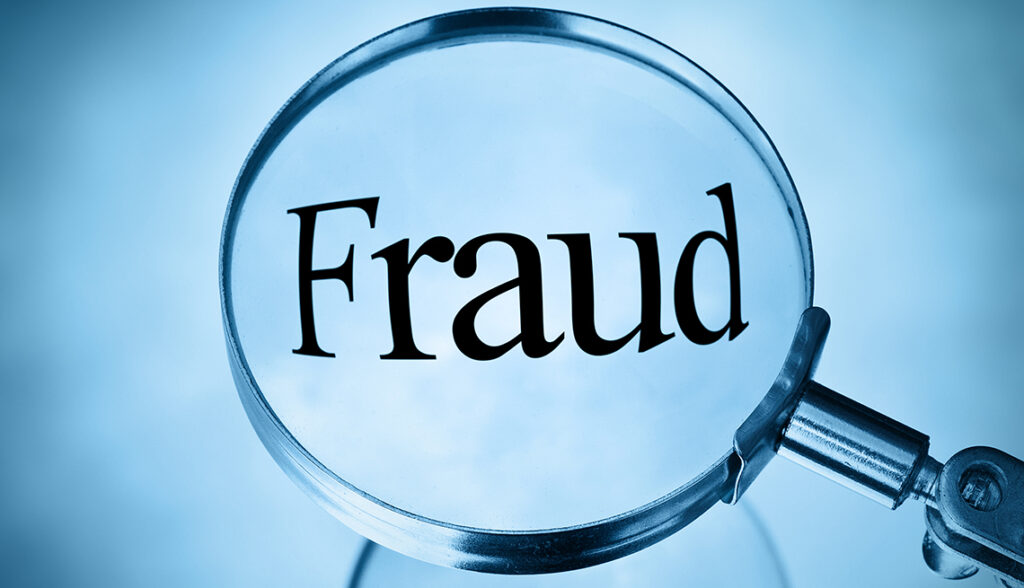
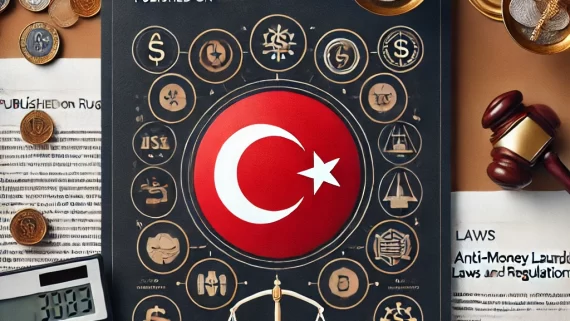

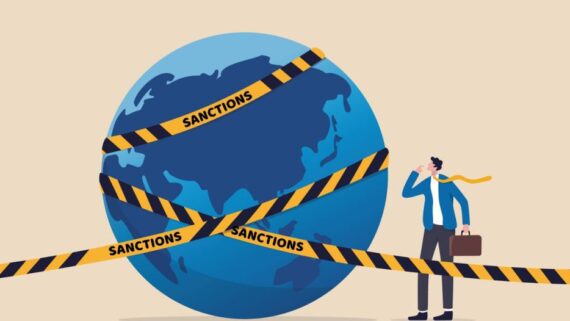
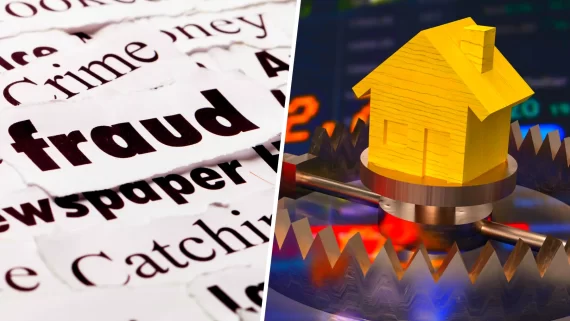
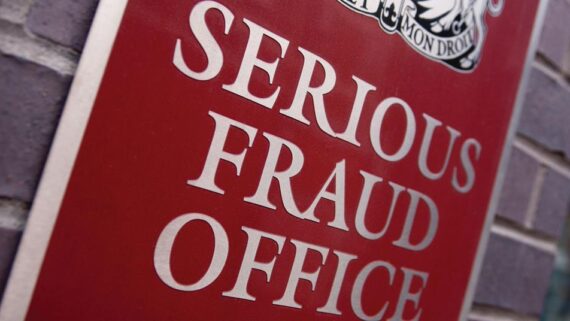
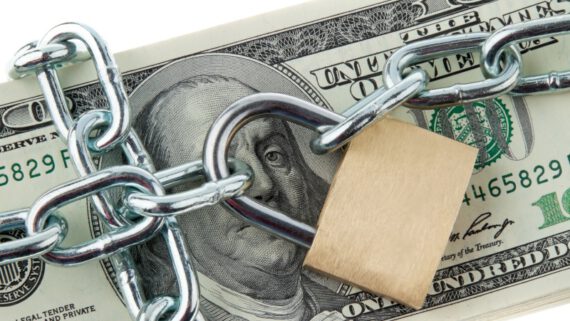


Comments
No comments yet.